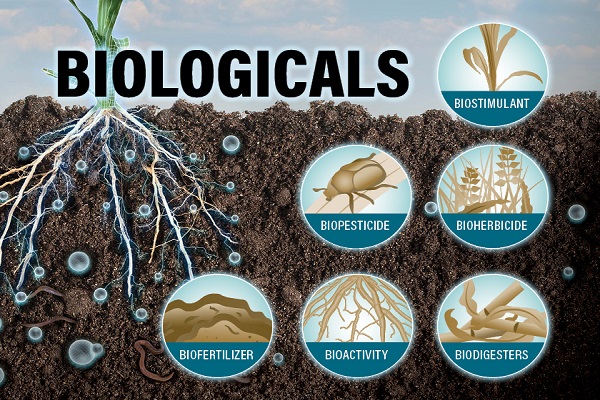Biological solutions are poised to revolutionize agriculture and ensure long-term food security, according to Susheel Kumar, Country Head and Managing Director of Syngenta India. Speaking at the BioAg World Congress, Kumar emphasized the growing importance of Biologicals—such as biostimulants, nutrient-use efficiency products, and biocontrols—in addressing modern agricultural challenges.
“Farming today is under immense pressure from climate change, resistance development, and demands for residue-free food. A multipronged strategy that includes sustainable solutions like biologicals is essential,” Kumar said while presenting Syngenta’s roadmap for advancing biological technologies.
He underscored that reduced efficacy of traditional solutions, driven by resistance and pest shifts, has created a pressing need for new modes of action in crop protection. In this context, biologicals offer a viable, eco-friendly alternative for farmers. “Biologicals and seed treatments are at the forefront of this agricultural shift,” he added.
Kumar stressed the importance of collaboration and innovation, calling for robust partnerships between industry, government, and researchers to accelerate the development and adoption of biological solutions.
“Syngenta’s strong R&D pipeline has positioned us as an industry leader in biologicals,” Kumar said, noting that the company’s approach integrates natural microbial, plant, and seaweed extracts to enhance nutrient cycling, control pests and diseases, and improve plant health.
Sanjay Kumar Tokala, Head of Biologicals at Syngenta India, highlighted the global momentum behind the sector. “The biologicals market is projected to reach USD 20 billion by 2030, with India emerging as a significant contributor to that growth,” he said.
Tokala added that biologicals improve farm productivity, promote biodiversity, enhance soil fertility, and build climate resilience—all key to creating sustainable agricultural ecosystems.
As India confronts increasing pressure to feed a growing population under unpredictable climatic conditions, the role of biologicals in modern farming is becoming more crucial than ever.


